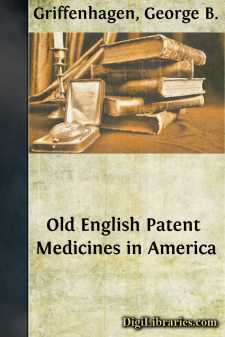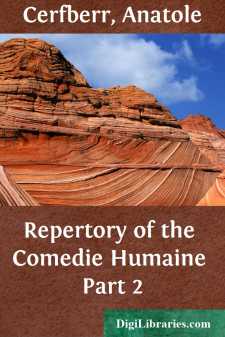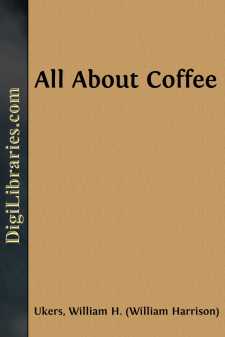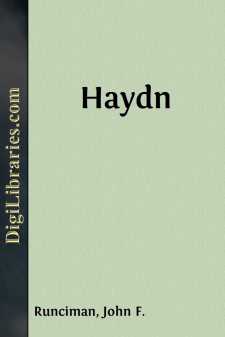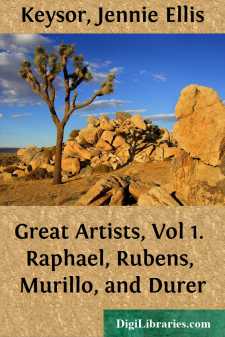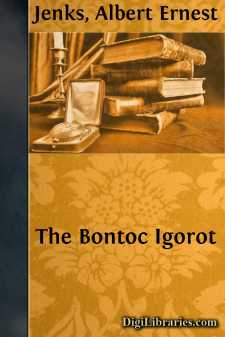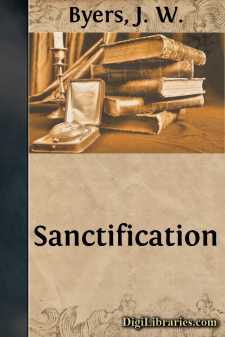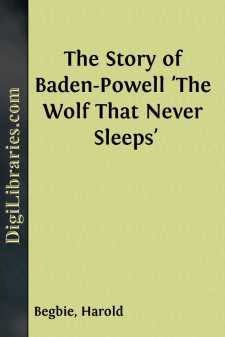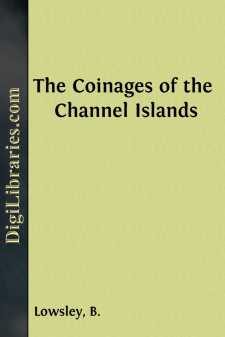Non-Classifiable
- Non-Classifiable 1768
Non-Classifiable Books
Sort by:
In 1824 there issued from the press in Philadelphia a 12-page pamphlet bearing the title, Formulae for the preparation of eight patent medicines, adopted by the Philadelphia College of Pharmacy. The College was the first professional pharmaceutical organization established in America, having been founded in 1821, and this small publication was its first venture of any general importance. Viewed from...
more...
by:
Anatole Cerfberr
LA BASTIE LA BRIERE (Ernest de), member of a good family of Toulouse, born in 1802; very similar in appearance to Louis XIII.; from 1824 to 1829, private secretary to the minister of finances. On the advice of Madame d'Espard, and thus being of service to Eleonore de Chaulieu, he became secretary to Melchior de Canalis and, at the same time, referendary of the Cour des Comptes. He became a...
more...
Seventeen years ago the author of this work made his first trip abroad to gather material for a book on coffee. Subsequently he spent a year in travel among the coffee-producing countries. After the initial surveys, correspondents were appointed to make researches in the principal European libraries and museums; and this phase of the work continued until April, 1922. Simultaneous researches were...
more...
by:
Bernard Shaw
THE RHINE GOLD Let me assume for a moment that you are a young and good-looking woman. Try to imagine yourself in that character at Klondyke five years ago. The place is teeming with gold. If you are content to leave the gold alone, as the wise leave flowers without plucking them, enjoying with perfect naivete its color and glitter and preciousness, no human being will ever be the worse for your...
more...
by:
John F. Runciman
CHAPTER I JOSEPH HAYDN It is, as a rule, inexpedient to begin a book with the peroration. Children are spared the physic of the moral till they have sucked in the sweetness of the tale. Adults may draw from a book what of good there is in it, and close it before reaching the chapter usually devoted to fine writing. But the case of Haydn is extraordinary. One can only sustain interest in a biography of...
more...
RAPHAEL SANTI“THE PERFECT ARTIST, THE PERFECT MAN.” We are about to study Raphael, the most generally praised, the most beautiful, and certainly the most loved of all the painters of the world. When all these delightful things can be truthfully said of one man, surely we may look forward with pleasure to a detailed study of his life and works. Often in examining the lives of great men we are...
more...
Preface After an expedition of two months in September, October, and November, 1902, among the people of northern Luzon it was decided that the Igorot of Bontoc pueblo, in the Province of Lepanto-Bontoc, are as typical of the primitive mountain agriculturist of Luzon as any group visited, and that ethnologic investigations directed from Bontoc pueblo would enable the investigator to show the culture of...
more...
by:
J. W. Byers
What is Sanctification? Scripturally, the word sanctification has three meanings: First, separation; second, dedication; third, spirit-filling. Webster's definition of it is as follows: "1. Sanctification is the act of God's grace by which the affections of man are purified, or alienated from sin and the world, and exalted to a supreme love of God; also, the state of being thus purified...
more...
by:
Harold Begbie
CHAPTER I You will be the first to grant me, honoured sir, that after earnestness of purpose, that is to say "keenness," there is no quality of the mind so essential to the even-balance as humour. The schoolmaster without this humanising virtue never yet won your love and admiration, and to miss your affection and loyalty is to lose one of life's chiefest delights. You are as quick to...
more...
by:
B. Lowsley
GENERAL OBSERVATIONS ON COINAGES FOR THE CHANNEL ISLANDS. Before treating of the Channel Islands coinages in detail, it may be of interest briefly to notice in order the various changes and the influences which led to these. The earliest inhabitants of the islands of whom anything is known were contemporaneous with the ancient Britons of Druidical times. Jersey and Guernsey are still rich in Druidical...
more...


